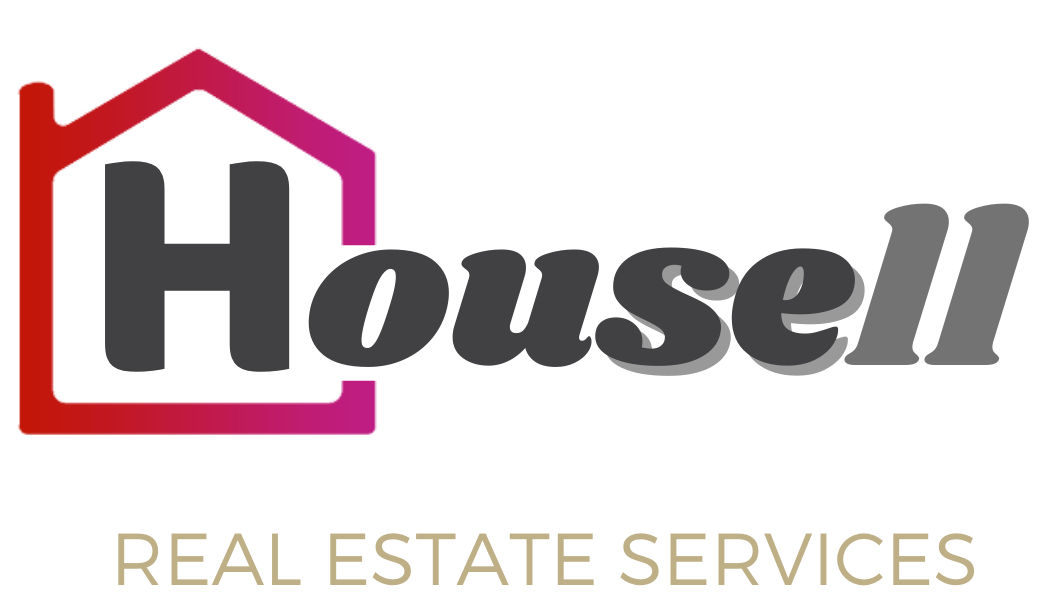Canada Rental Bubble How Efforts to Address the Housing Crisis Are Fueling Rising Rents

Image by: unsplash
Canada's real estate market, once buoyed by robust home sales and rapid price increases, is now facing a slowdown characterized by weaker sales and economic uncertainty. In response, rental prices have surged, with the average asking rent climbing 1.5% in March to $2,119 per month. This increase has narrowed the gap between private and purpose-built rental units, challenging the notion that purpose-built rentals offer more affordable options.
The rental price surge is particularly pronounced in smaller cities, where rents have seen significant increases. For example, Halifax's rental market has experienced such rapid growth that the average rent for a one-bedroom apartment is now only 15% less than that in Toronto, a substantial decrease from the 74% difference in 2020. This trend suggests that the inflationary pressures affecting larger urban centers are spreading, leading to a more uniform increase in rental costs across the country.
Policymakers' efforts to stimulate rental housing development, such as incentivizing institutional investment in purpose-built rentals, appear to have inadvertently contributed to rising rents. While these initiatives aim to increase housing supply, they have not effectively addressed affordability concerns, as evidenced by the narrowing price gap between private and purpose-built rentals. This situation underscores the complexities of balancing market incentives with the goal of making housing more affordable for Canadians.
Read the full article on: BETTER DWELLING



